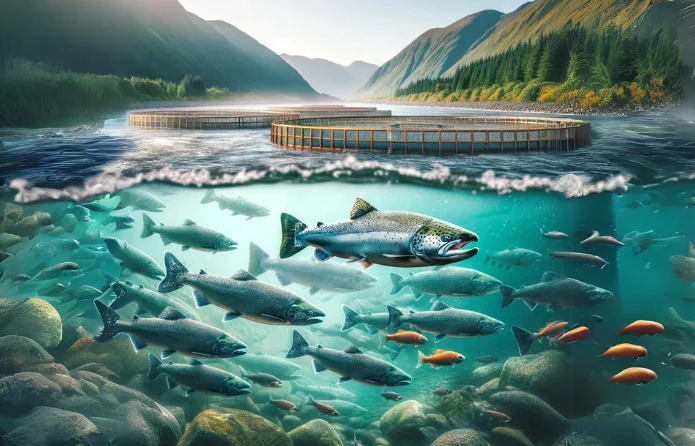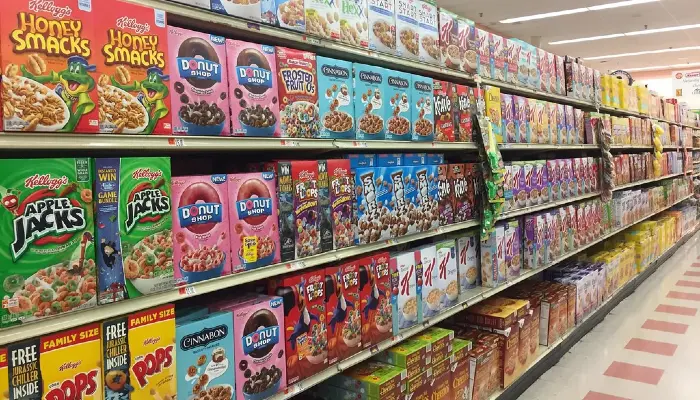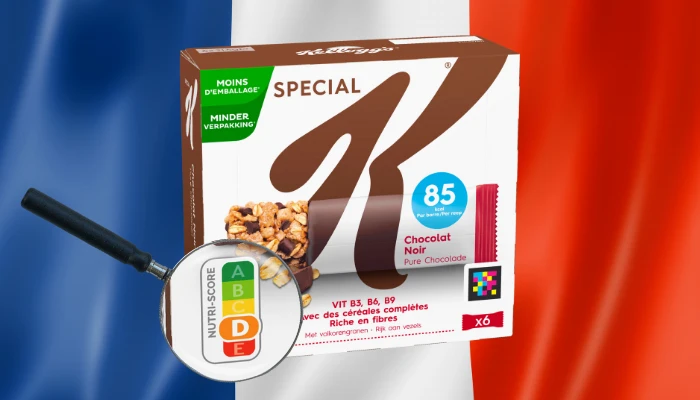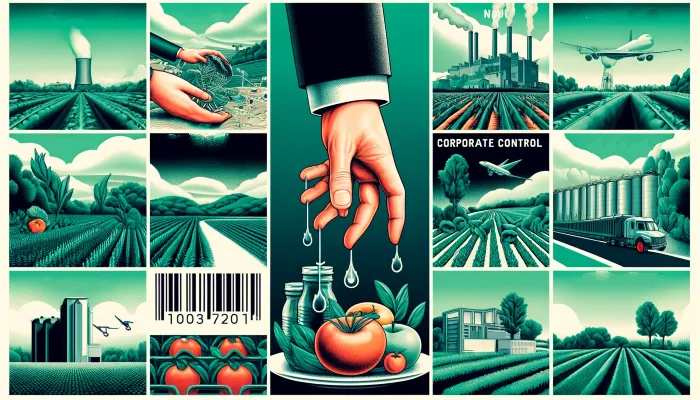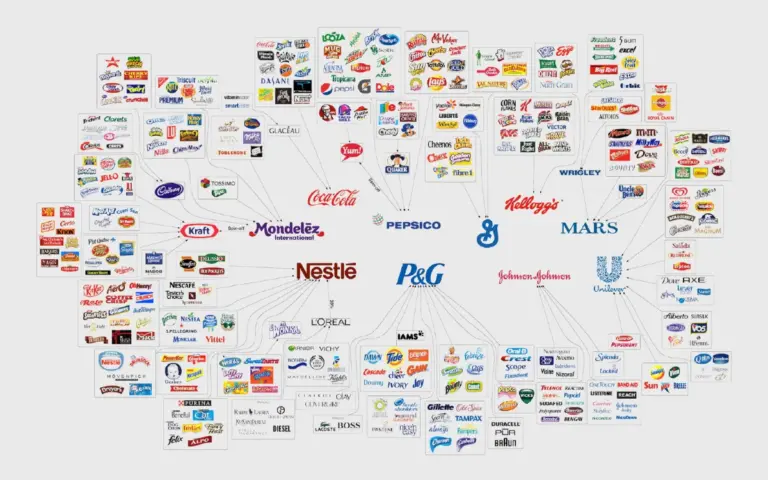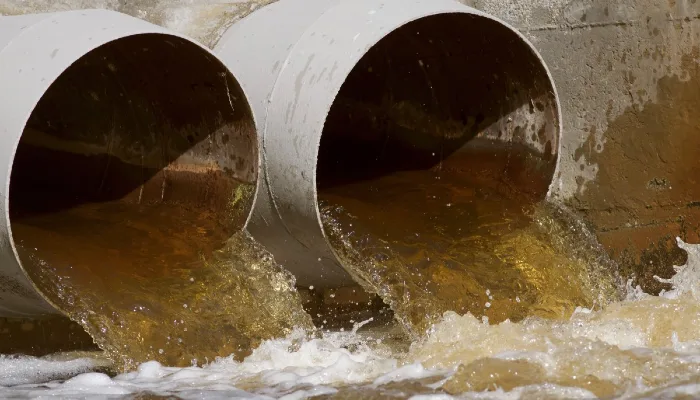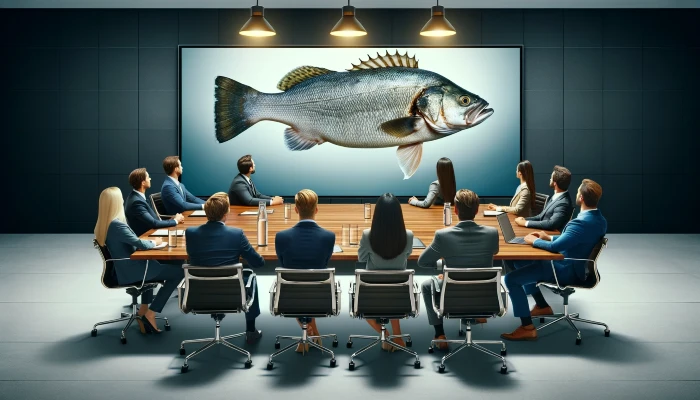Did you know fish farms, intended to save wild salmon, are actually harming them? It’s a bit ironic, right? These farms, or hatcheries, are where we raise fish in large enclosures, mainly for food. They’re growing fast in the world of animal food production.
The United Nations Food and Agriculture Organization says about a third of our fish stocks are overused. So, fish farming seemed like a great idea to tackle overfishing. But, there’s a catch.
Here’s the problem: farmed salmon grow up faster than wild ones. They’re also bolder and more aggressive. This means they’re more likely to die young. And if that’s not enough, they can spread diseases to wild salmon.
The Alaska Beacon shared some alarming news. They looked at over 200 studies about fish farms. Almost all these studies showed negative effects on wild salmon. Things like poor health and not being able to have babies properly.
“The majority of hatchery fish programs have reduced the genetic diversity of wild fish. This leads to poor health and reproductive outcomes,” the Alaska Beacon reported.

This isn’t just a small study. Scientists from places like Trout Unlimited in Virginia, The Conservation Angler in Washington, and universities in Washington, Montana, and Quebec, Canada, were involved. They published their findings in the journal Fisheries Management and Ecology.
Out of 206 studies, over 80% showed that fish farms hurt wild salmon. Only 3% of these farms actually helped, and they were using wild fish in small numbers to help very small wild populations.
John McMillan, a scientist from The Conservation Angler, shared his thoughts with the Alaska Beacon. He finds it frustrating because science shows fish farms can harm wild salmon. Yet, we’re slow to change because of what fish farms mean to people.
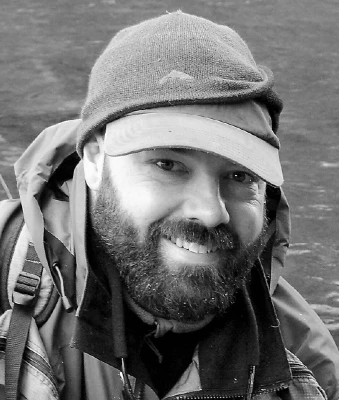
Just this month, the International Union for Conservation of Nature (IUCN) raised a red flag. They found that one in five freshwater fish species, including wild salmon, are at risk of extinction. The Atlantic salmon, which used to be in the “least concern” category, is now “threatened.”
One big problem for Atlantic wild salmon? Farmed salmon escape and breed with them. This mix makes their babies less able to handle climate change.
So, what started as a solution to save wild salmon is now part of their problem. It’s a tricky situation. We need to rethink how we help these important fish without causing more harm.
It’s about finding a balance between helping our fish stocks and protecting the wild ones that have been swimming in our rivers and oceans for ages.







